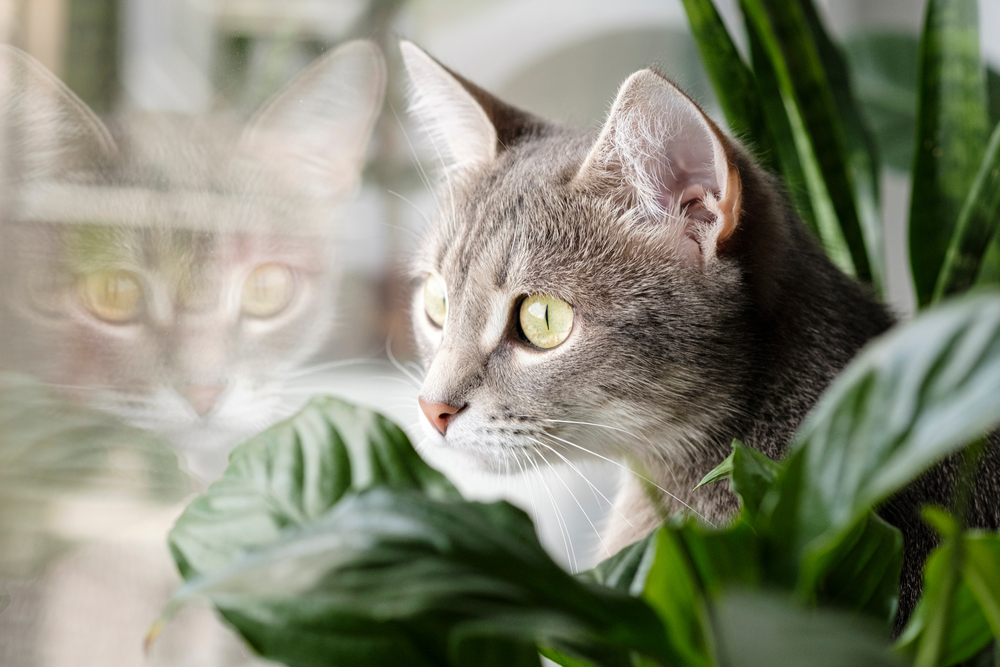Environmental Impact of Owning a Cat: Eco-friendly Practices for Cats
Did you know that your cat generates the same carbon emissions each year as a twelve-hour car ride? If you are the lucky owner of more than one cat, this number increases even more. Cat ownership doesn’t have to add to your carbon footprint, however. With a little effort and some knowledge about eco-friendly practices for pet parents, you can have a loving cat and still do your part for the environment. Here’s what to know about the environmental impact of owning a cat:

Check Your Portion Sizes
Overfeeding our cats puts a bit of extra strain on the environment. Dogs and cats around the world eat as much in one day as the whole population of France. By talking to your veterinarian about the proper portion sizes for your favorite feline, you can slightly decrease her impact on the planet and probably help her drop a few pounds, too.
Opt for Alternate Proteins
Although cats are obligate carnivores, they don’t have to stick to one form of protein to get the nutrients they need. If you feed your cat beef, for example, simply switching up his food source can help you decrease his carbon footprint. Beef is by far the biggest producer of carbon emissions when it comes to meat. In fact, its carbon footprint is four times the size of chicken. Opting for chicken or fish-based meals for your kitty is a quick and simple way to lessen environmental strain in your house. Making some of your cat’s food at home can decrease it even further.
Sustainable Products and Eco-Friendly Practices for Pet Parents
The products we use for our pets can unknowingly add to our overall carbon footprint. One of the most common cat products in your home is one of the biggest offenders—cat litter. Many cat litter brands are made from bentonite clay, which requires harmful mining practices for Mother Earth. Opt for brands that don’t use clay and instead use reclaimed materials items like pine shavings or even recycled newspaper for your litter box. You should also try to invest in eco-friendly toys and accessories like those found on this list.
Safely Dispose of Cat Poop
Since cats do their business inside litter boxes, we can sometimes overlook the impact of their poop on the environment. Unfortunately, cat feces are likely to contain a certain kind of parasite that can hurt humans and other animals. Use biodegradable bags when cleaning out the litter box, and dispose of the poop in the trash and not down the toilet.
Recycle, Reduce, Reuse
Instead of purchasing (or throwing away) new toys, beds, and other cat accessories, share them! Donate your gently used items to other cat owners in need, or ask around the next time you’re looking for a new accessory. Not only will this help the planet, but it will also be kind to your wallet. Thank you for caring about reducing the environmental impact of owning a cat.
At Oakland Veterinary Referral Services, we always want to find ways to help pet owners and their loving animals live their best lives. From helpful resources to top-notch specialty veterinary and emergency care, we have you covered. To learn more, please call (248) 334-6877.


